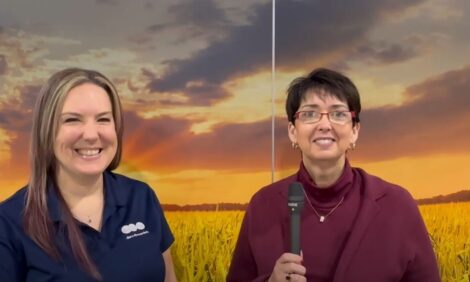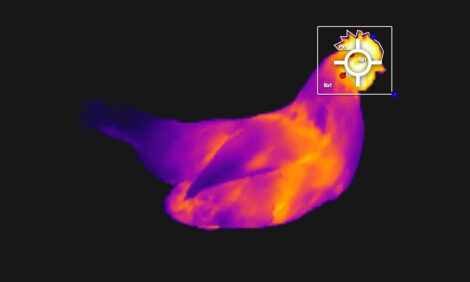



Effects of Cassava Substitute for Maize on Performance and Egg Quality of Laying Hens
Research in Japan reveals that up to 40 per cent of maize could be replaced with cassava meal in layer diets without adversely impacting layer performance or egg quality.The effects of feeding diets containing cassava meal (tuber and leaf) were investigated on feed intake, feed conversion ratio, weight gain, egg performance and egg quality of layer during five weeks of a feeding experiment by Yasuhiro Kawamoto of the University of the Ryukyus in Japan and co-authors there and at Kagoshima University.
In a paper in the current issue of International Journal of Poultry Science, they describe how 36 White Leghorn layers were allocated into four groups of nine hens each.
Diet I, contained no cassava meal but maize 57 per cent of the diet and served as the control. In diets II, III and IV, the proportion of maize was substituted with the cassava meal at the levels of 30 per cent (30 per cent tuber + 0 per cent leaf), 40 per cent (30 per cent tuber + 10 per cent leaf) and 50 per cent (30 per cent tuber + 20 per cent leaf), respectively.
Egg laying rate tended to decrease with diet IV, although the differences between treatments were not significantly different.
Haugh unit value in the hens fed diet III was significantly higher (p<0.05) than those fed other diets.
Hens fed cassava meal diets had higher yolk colour score than maize-based control diet.
The results demonstrated that, up to 40 per cent of maize could be replaced with cassava meal for improving laying performance and egg quality, concluded Kawamoto and co-authors. Moreover, they added, supplementation with cassava leaf to tuber was efficient in lowering the yolk cholesterol content.
Reference
Kyawt Y.Y., H. Toyama, W.M. Htwe, S. Thaikua, Y. Imura and and Y. Kawamoto. 2014. Effects of cassava substitute for maize based diets on performance characteristics and egg quality of laying hens. International Journal of Poultry Science. 13(9):518-524.
December 2014








